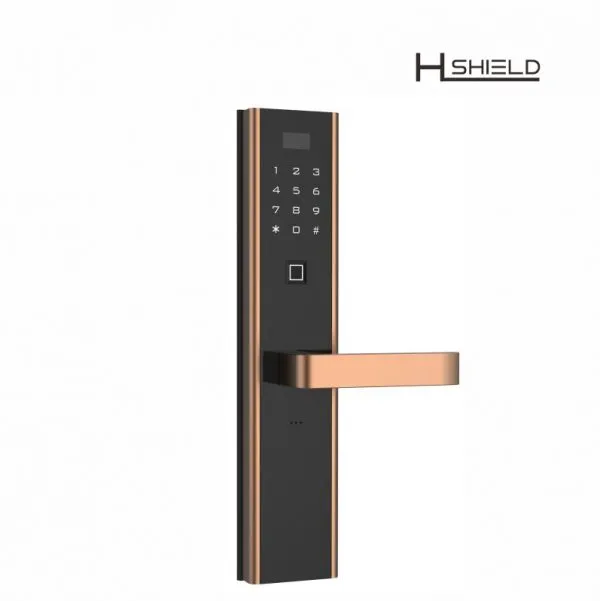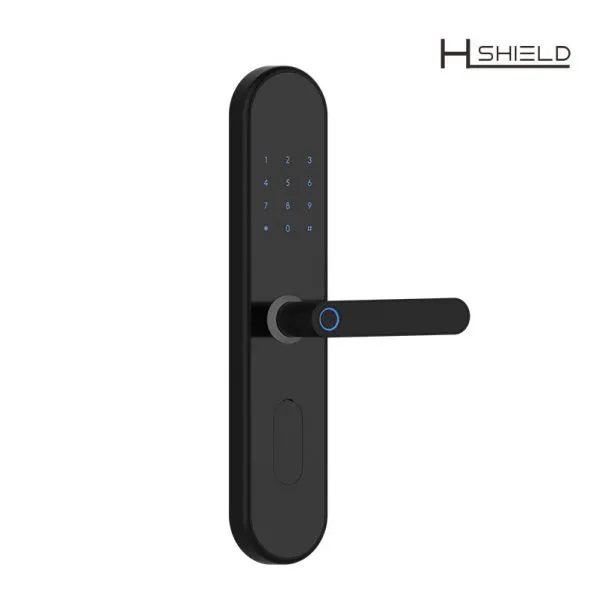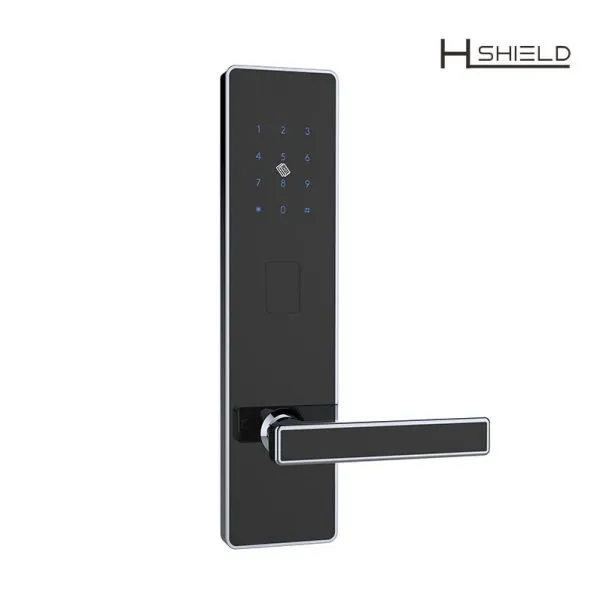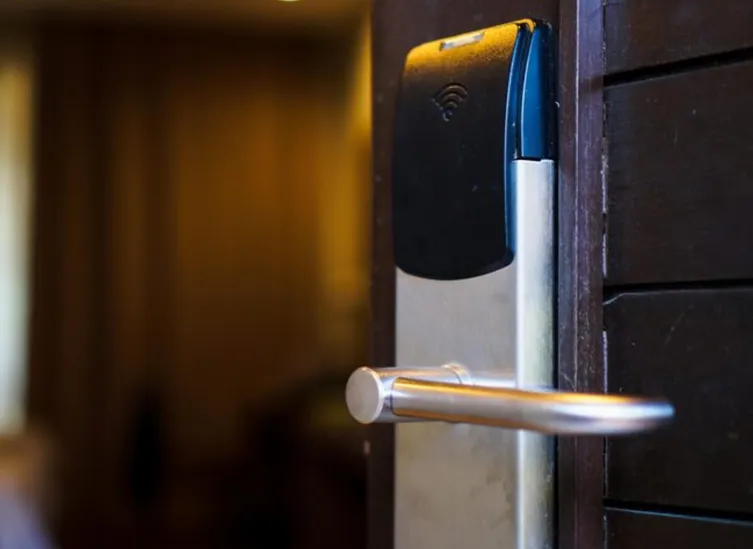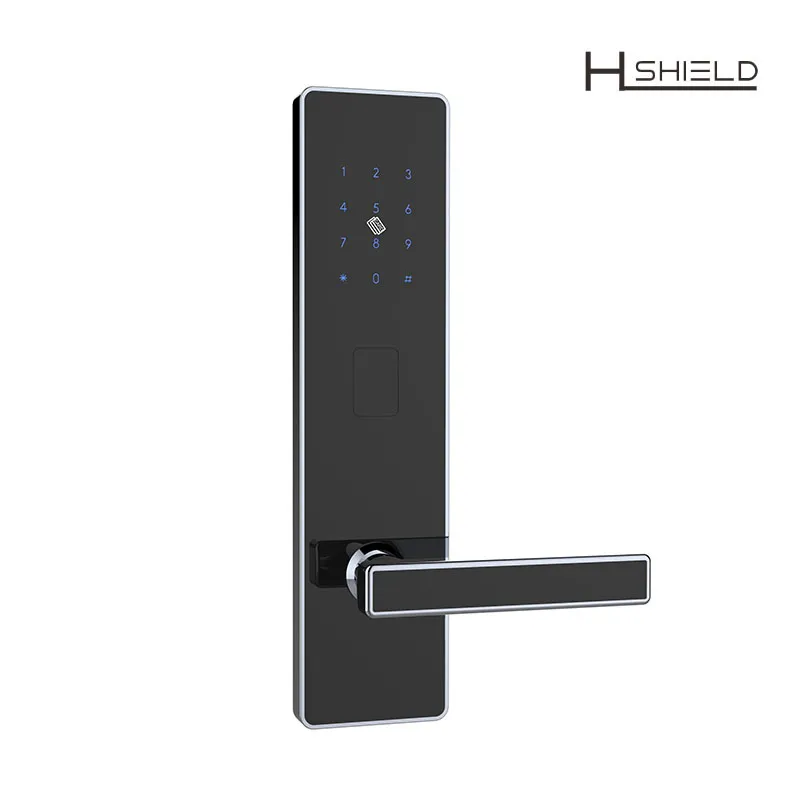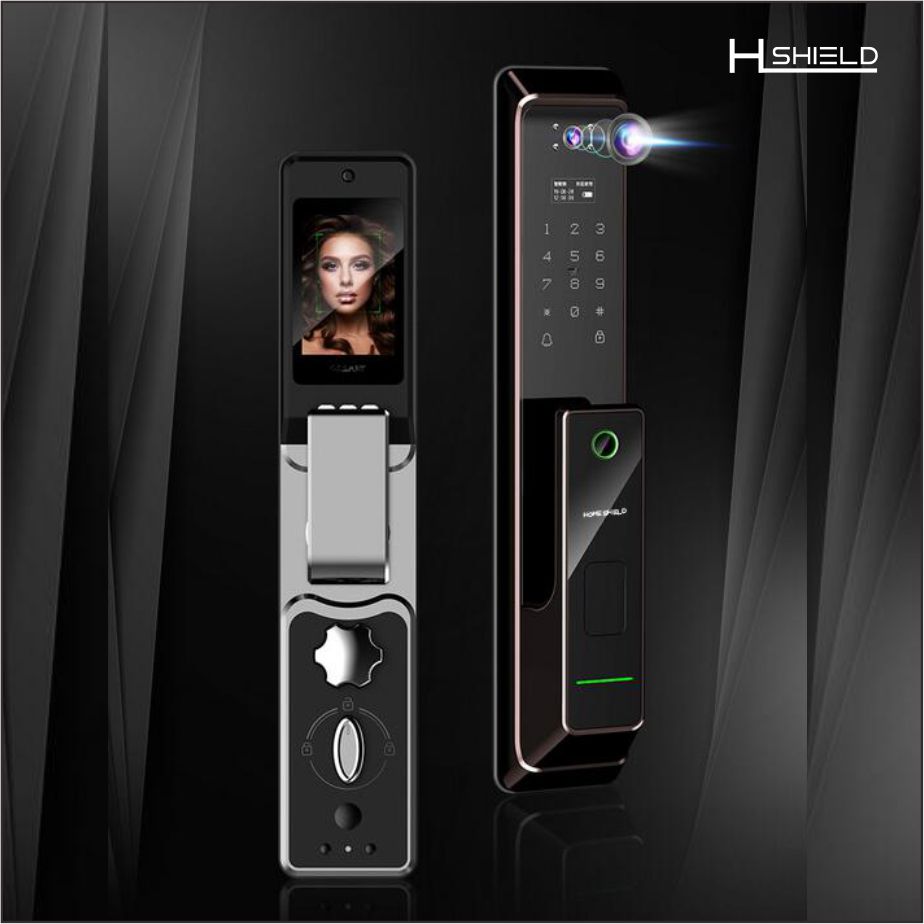Modern hospitality relies heavily on technology to ensure guest safety, operational efficiency, and convenience. Of all the systems invested in by a hotel, the hotel lock is a critical component that merges mechanical durability with digital intelligence. Much more than just a mechanism on the door, today’s hotel lock system integrates smart access control, digital management, and seamless connectivity to achieve superior performance and peace of mind for both guests and operators. This article explores the evolution, features, benefits, and selection of hotel lock systems based on real product characteristics from professional manufacturers for an in-depth look at why such systems are indispensable in today’s hospitality industry.
The Concept and Functionality of Hotel Lock Systems
A hotel locking system is more than just a physical device securing guest room doors; it’s an advanced management solution that interlinks safety, data, and hospitality operations, bridging the traditional security hardware with modern smart control and offering a new level of accuracy and reliability to hotel management.
Defining the Modern Hotel Lock
While mechanical locking mechanisms have been conventionally used for security, a modern hotel lock integrates electronic authentication through means such as RFID, NFC, or Bluetooth. It thus enables guests to access rooms with smart cards or mobile devices. Unlike keys, these systems store permissions digitally, which can be changed or revoked in a few seconds. This helps hotels manage check-ins and check-outs efficiently and thus prevents unauthorized access. Often made of industrial-grade components, the embedded microchip in the lock guarantees high performance, quick response, and reliable operation even after heavy daily use.
How a Hotel Lock Operates
Every hotel lock functions through a blend of hardware and software. The exterior handle, lock body, and mortise work mechanically, while an electronic control board manages signals from authorized devices. When a valid credential—such as a key card or mobile phone—is detected, the control unit triggers the latch mechanism, allowing access. Some models offer dual verification, combining card and code entry for enhanced security. The system typically includes low-battery alerts, emergency key overrides, and audit trail capabilities to track who enters and exits each room.
Importance of Hotel Lock Systems in Hospitality
Security forms the basis of trust in hotels. A good hotel lock gives the guests a guarantee that their belongings and personal space are safe. For hotel managers, it alleviates risks associated with lost keys, unauthorized key duplication, or even manual record-keeping. In most hotels, automating door access also enhances efficient staff workflow in areas such as housekeeping, maintenance, and management without compromising safety.
Key Features of a High-Quality Hotel Lock
A well-designed smart hotel lock system combines a package of various applications that enhance both performance and user experiences. From intelligent authentication methods to strong materials and effective power systems, all parts contribute to reliability and convenience.
Smart Access and Keyless Convenience
Modern hotel locks often adopt RFID or Bluetooth technology for keyless entry. Guests can unlock their rooms by tapping a smart card or using a smartphone app. This not only speeds up check-in but also minimizes the need for physical contact—an essential benefit in the post-pandemic hospitality era. Mobile keys also allow guests to skip reception queues, improving satisfaction and convenience. For staff, digital key management simplifies access control and eliminates issues with misplaced physical keys.
Sturdy Construction and Tamper Resistance
Durability defines the quality of a hotel lock. Most high-end models are made of stainless steel, with anti-corrosion finishes and reinforced mortise locks. These materials withstand tampering and also support high usage in busy hotels. It is said that the inner components are tested for high operation cycles, some as high as 50,000 openings per year. In addition, many locks have built-in sensors for the detection of forced entry attempts, which instantly alert the system, thus giving them both physical and digital security.
Power Efficiency and Maintenance Alerts
Since most hotel locks are battery-powered, power management becomes critical. Advanced locks are engineered to operate efficiently with minimal energy consumption, allowing thousands of door openings per charge. They include low-battery alerts that notify staff before power runs out, ensuring uninterrupted service. In emergencies, a mechanical override key or power supply port enables access without disruption. The combination of reliability and maintenance simplicity makes these locks suitable for hotels of all sizes.
Benefits of Implementing Hotel Lock Systems
Beyond technical specifications, the hotel lock provides a number of very quantifiable benefits to both guests and operators. Such systems improve the perception of safety, streamline operations, and enhance long-term management efficiency.
Strengthening Guest Confidence
Guests feel more secure when they see advanced access systems protecting their rooms. Keyless locks cut the risk of unauthorized key duplication and permit precise control over who is able to enter each space. The quiet, smooth operation and modern appearance also enhance the image of the hotel. When guests perceive safety as a concern, they are more likely to leave positive reviews and to return for future stays, creating brand loyalty.
Improving Hotel Management Efficiency
A modern hotel lock system minimizes daily administrative work: staff are able to perform remote access permission management via PMS, update the credentials of rooms in real time, and review the audit log of every door. If a guest loses a key card, for instance, it can instantly be deactivated without having to physically replace the lock. This not only enhances safety but also reduces the operational cost associated with lock replacement and key duplication.
Supporting Sustainable and Smart Hospitality
Energy-efficient and smart-connected hotel locks are in line with the industry’s move toward sustainability. The function of wireless communication and low-energy operation decreases power consumption and reduces environmental impact. In addition to that, integrating locks into the hotel’s central management platform provides insights into occupancy patterns, staff movement, and maintenance scheduling-enabling data-driven operational improvements.
Choosing the Right Hotel Lock System
In choosing a hotel lock, it’s about setting a balance between functionality, aesthetics, compatibility, and budget. A well-thought approach ensures long-term reliability and seamless integration with other hotel technologies.
Evaluating Technology Compatibility
Before buying, consider what kind of access technology best fits your property: RFID, NFC, Bluetooth, or keypad entry. For hotels targeting tech-savvy guests, there’s also access via mobile apps; for properties with a more traditional concept, key card solutions would be fine. Compatibility with the property management system ensures synchronization with check-in and housekeeping operations.
Assessing Installation and Maintenance Requirements
Ease of installation is, of course, very critical, especially when hotels are being renovated. Most modern locks are designed to fit existing door structures without significant modification. In most instances, a plug-and-play system can often be installed in minutes, reducing downtime. Equally important is maintenance: systems with long battery life, easy component replacements, and accessible firmware updates reduce technical interruptions and costs over time.
Ensuring Security and Future Upgradability
The hospitality industry is changing rapidly, and so should your hotel lock. Select models that allow firmware updates, among other value-added features such as biometric authentication or mobile integration. The locks incorporate encryption technologies with anti-tamper mechanisms to safeguard against data breaches in case of a cyber-attack. Choosing future-ready systems allows hotels to prolong their investment lifespan and stay ahead in meeting industrial requirements.
The Future of Hotel Lock Innovation
Digital transformation continues in lock technologies relevant to the hotel industry. New designs integrate artificial intelligence, cloud connectivity, and sustainable materials to be more efficient, secure, adaptive, and intelligent than ever before in modern hospitality environments.
Integration with Smart Hotel Ecosystems
Next-generation hotel locks are part of an integrated network that includes lighting, HVAC, and guest management. Cloud-based software will enable administrators to monitor, in real time, every lock’s status, occupancy data, and access history from anywhere. This further creates a more cohesive smart hotel ecosystem that improves comfort and efficiency.
Evaluating Technology Compatibility
Personalized experiences are becoming central to modern hospitality. Hotel locks equipped with data-driven systems can recognize repeat guests, automatically adjust access preferences, and even personalize room settings upon entry. This fusion of security and personalization transforms how guests interact with hotel environments, offering convenience while maintaining safety.
Sustainable Design and Energy Conservation
Future hotel locks will increasingly focus on eco-friendly materials and reduced power consumption. Manufacturers are exploring energy-harvesting technologies that recharge batteries using kinetic motion from door operation. Combined with recyclable materials and minimal electronic waste, these innovations support hotels’ sustainability goals and reduce environmental footprints.
Conclusion
The hotel lock has evolved from a simple security device into a cornerstone of smart hospitality management. Its combination of digital intelligence, robust materials, and energy efficiency ensures both guest safety and hotel productivity. Whether it’s RFID access, Bluetooth connectivity, or fully integrated PMS compatibility, each feature contributes to an enhanced experience that builds trust and operational excellence. For hotels looking to upgrade their security infrastructure and modernize guest access, exploring advanced hotel lock solutions like those featured on Smart wifi door lock – Home Shield is an excellent starting point to achieve a secure, smart, and guest-centric future.


